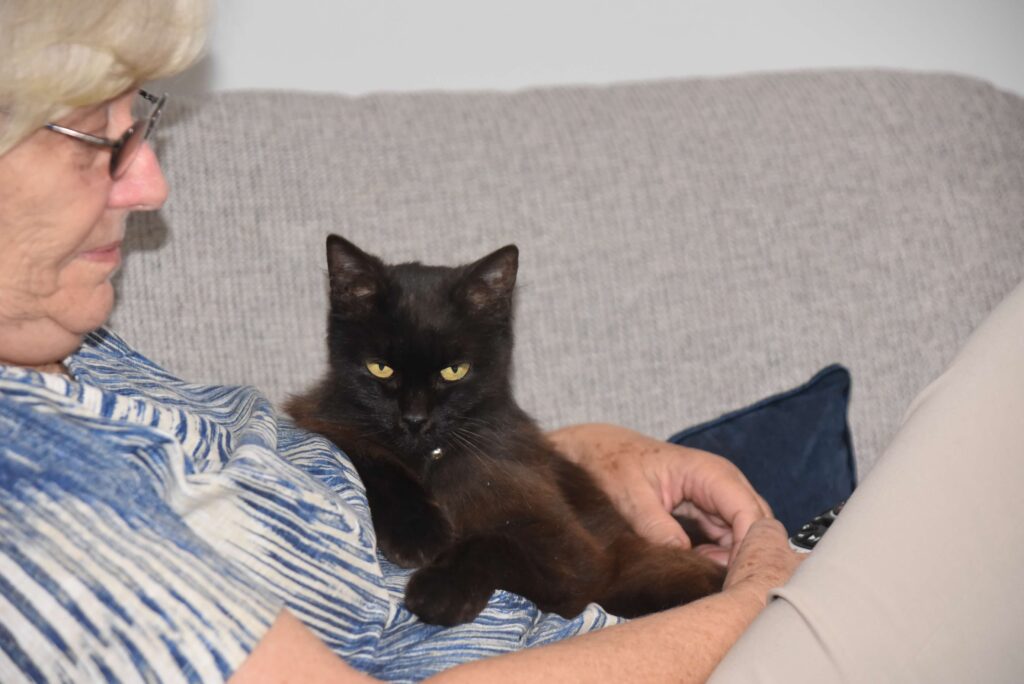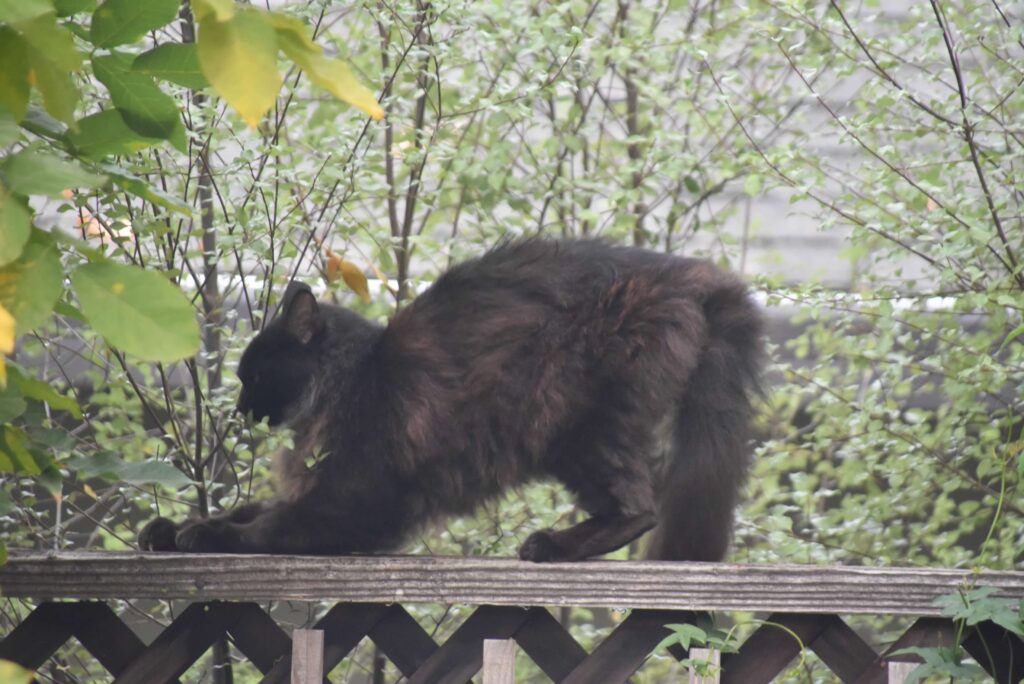Before you go on, an article in the May 8 & May 22, 2021 issue of Science News ran with a cover "Awash in Deception: How science can help us avoid being duped by misinformation." In the lead article titled: "The Battle Against Fake News," Alexandra Witze presents five suggestions on how to debunk bad information. They come from the News Literacy Project (see the above link). How to Debunk: 1. Arm yourself with media literacy skills, at sites such as the News Literacy Project (newslit.org), to better understand how to spot hoax videos and stories. 2. Don't stigmatize people for holding inaccurate beliefs. Show empathy and respect, or you're more likely to alienate your audience than successfully share accurate information. 3. Translate complicated but true ideas into simple messages that are easy to grasp. Videos, graphics and other visual aids can help. 4. When possible, once you provide a factual alternative to the misinformation, explain the underlying fallacies (such as cherry- picking information, a common tactic of climate change deniers. 5. Mobilize when you see misinformation being shared on social media as soon as possible. If you see something, say something. "Misinformation is any information that is incorrect, whether due to error or fake news. "Disinformation is deliberately intended to deceive." "Propaganda is disinformation with a political agenda." Sander van der Linden Social Psychologist University of Cambridge Source: Science News/May 8, 2021 & May 22, 2021 Update: September 22, 2023: This is more important now than ever. Be vigilant and speak in your own way. Love Wins.
There is analogue, angst and allegory.
Then there is Squeak.
There is bigotry, bilateralism and boasting.
Then there is Squeak.
There is calamity, calm and comedy.
Then there is Squeak.
There is despair, delight and destruction.
Then there is Squeak.
There is evolution, energy and excitement.
Then there is Squeak.
There is fanaticism, fantasy and fantastic.
Then there is Squeak.
There is greed, grandeur and grappling.
Then there is Squeak.
There is hideous, happy and honest
Then there is Squeak.
There is integrity, idiocy and intellect
Then there is Squeak.
There is jealousy, jumbalaya and joy.
Then there is Squeak.
There are kangaroos, kicking and knowledge.
Then there is Squeak.
There is listless, level and liable.
Then there is Squeak.
There is marvelous, malevolent and magic.
Then there is Squeak.
There is noxious, noble and nicotine.
Then there is Squeak.
There is opulent, oppressive and odious.
Then there is Squeak.
There is pungent, punitive and positive.
Then there is Squeak.
There is queer, questioning and quiet.
Then there is Squeak.
There is regret, realignment and reality.
Then there is Squeak.
There is suspense, surprise and surreal.
Then there is Squeak.
There is tumult, terror and trial.
Then there is Squeak.
There is unambiguous, unilateral and ugly.
Then there is Squeak.
There is vicious, vivacious and vivid.
Then there is Squeak.
There is wily, weird and wonderful.
Then there is Squeak.
There is xerophytic, xenophobic and ???
Then there is Squeak.
There is yellow, yucky and Yosemite.
Then there is Squeak.
There is zero, Zen and zaggy.
Then there is Squeak.
You may be wondering what all that was about. It was my stream of consciousness alphabetical tribute to our cat Squeak who died in her sleep last night under the loving care of the kind and caring staff at Central Animal Hospital. We got the call yesterday morning from Squeak's veterinarian while in our hotel room in Fortuna, CA on our way home from a roadtrip that Squeak had gone out on her own terms. That seems appropriate as Squeak was an independent, intuitive and sensitive creature. Several weeks ago, Dr. Heddon found a mass in Squeak's abdomen. It was likely cancer, but we decided on Squeak's behalf that letting her go naturally was the right thing to do. The treatments would be unpleasant and likely painful. Our goal was to keep her comfortable and in a loving setting for as long as she had. Sorry, I'm working through my tears to write this. She was a wonderful companion, more than a pet. She was a tutor, a mentor, a friend in a cross species kind of way. I personally have had several pets, mostly cats over the past 20+ years. Squeak (along with a childhood poodle, Snoopy), stand out for me. Snoopy probably doesn't get equal kudos because he's been gone for the longest time. But I'd say that Squeak, by a whisker or two, is the best cross species friend that I have ever had. You'll always have a place on my chest to sleep. Be well my little friend.


